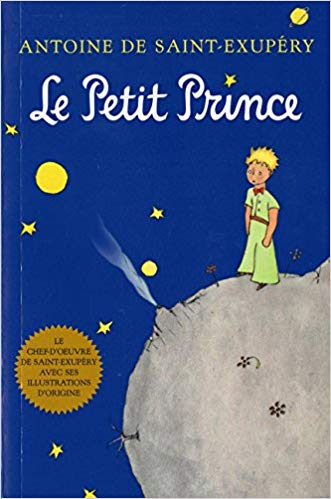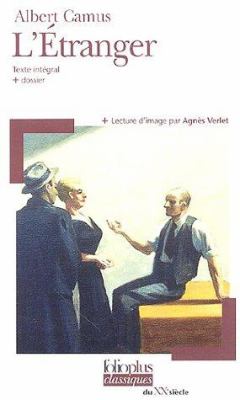At a fork in the road I read two books. I have tried to live by the more popular one,

Its maxims became a guiding light in my life. For example,
“It is only with the heart that one can see clearly. What is important is invisible to the eye.”
The other book was

I read it, and even played the lead character (Meursault) in a school play. I got to see close and personal what I could become if I did not get The Little Prince’s main message—a man detached from his feelings, and bereft of meaningful relationships.
As we labor in this vale of tears, we do well to keep in mind our heart’s health. The main nutrient for it is meaningful relationships. Let us commit to be receptive to our intuition, to our gut feelings; they will always lead us away from thinking too much, to feeling more in the company of those we love.
References
“Reading is fundamental,” J. Arch Int Med 2005;165:1943
“The silent epidemic; the health effects of illiteracy,” NEJM 2006;355:339
“The calling,” NEJM 2005;352:1845
* MD gets his calling into medicine by reading “Lady Chatterley’s lover,” Phillip. Club-footed medical student doing well with patients: “There was humanity there in the rough.”
* Also reading “Of human bondage,” “Lolita,” “The Citadel,” “Arrowsmith,” “Love in the time of cholera.”
* Today’s students may be missing out. “Entering classes don’t seem to include as many avid readers as they once did.”
* “A prevalent form of blindness, caused by the terrible and crippling atrophy of the imaginative faculty… where will their sense of calling come from? ER and Scrubs? The thought is chilling.”
* “A good novel can offer a formative experience to prospective doctors.”
* Reading good for patients, too.
People considered socially isolated may have higher risk of adverse cardiac events
“TIME (3/26/2018, Ducharme) reports a study published in the journal Heart suggests that people who tend to be socially isolated may be “more likely to have a heart attack or stroke, compared to people with strong personal networks.” Researchers found, “Isolation was associated with a 43% higher risk of first-time heart attack and a 39% higher risk of first-time stroke,” while loneliness “was associated with a 49% higher risk of first-time heart attack and a 36% higher risk of first-time stroke.”


